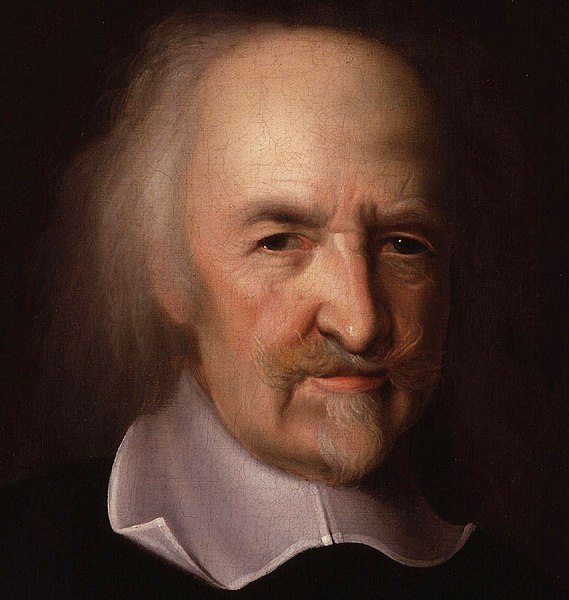Infinite photos and videos for every Wiki article ·
Find something interesting to watch in seconds
Celebrities
World Banknotes
Rare Coins
Supercars
Great Cities
Kings of France
Countries of the World
Great Artists
Presidents
Largest Empires
Animals
Famous Castles
Crown Jewels
British Monarchs
Sports
Richest US Counties
Wars and Battles
Orders and Medals
Recovered Treasures
Largest Palaces
Great Museums
Wonders of Nature
History by Country
Tallest Buildings
Ancient Marvels
Best Campuses
more top lists







